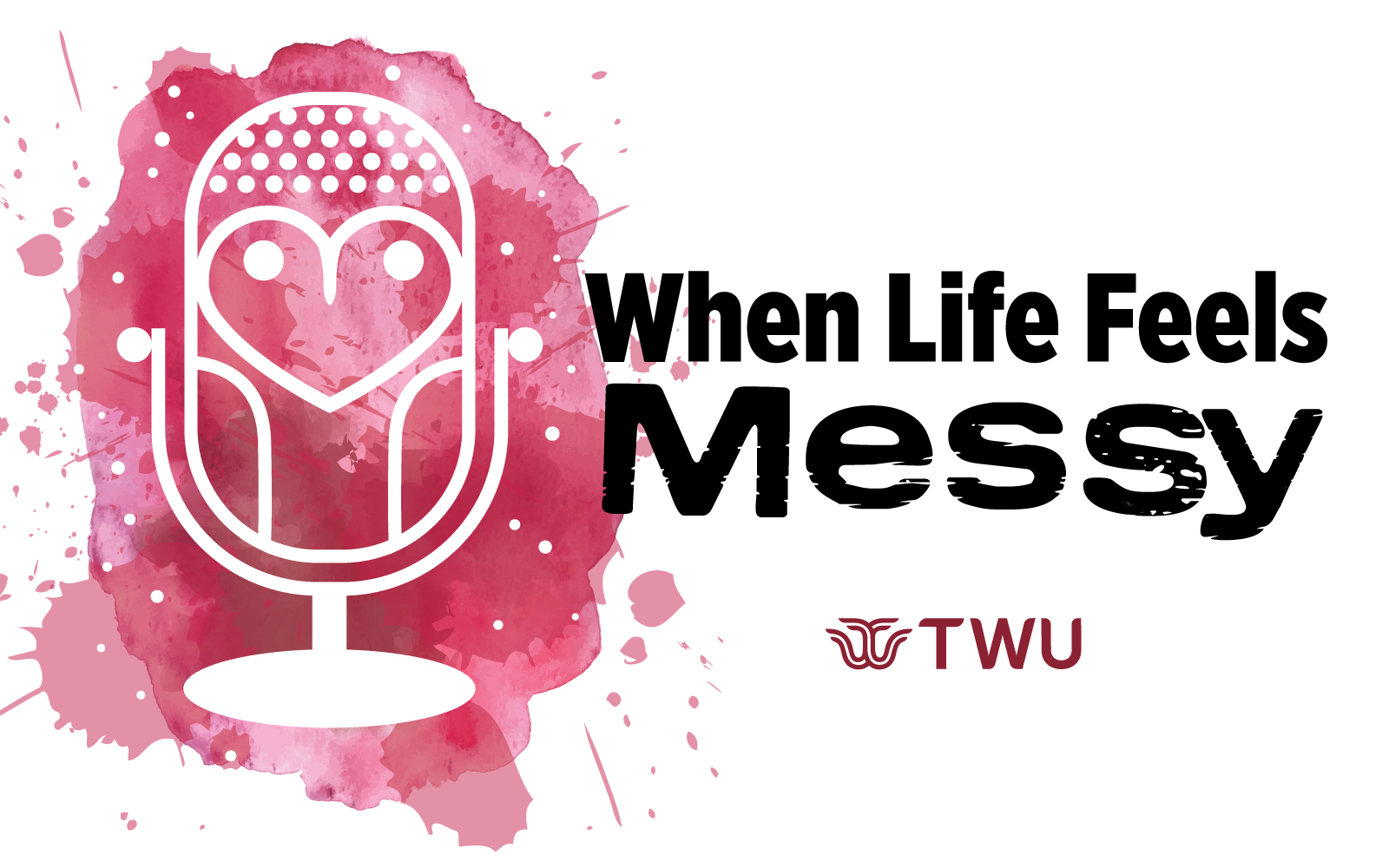Raise your hand if you’ve ever experienced a rejection. *raises both hands* Rejection is impressively versatile. It can show up in your inbox, on a waitlist, in a breakup text that starts with “you didn’t do anything wrong,” or in the form of being ghosted. Unfortunately, it is an unavoidable part of life and something we will all experience at various times. And when it happens repeatedly or in a stressful time, it can start to feel personal, overwhelming, and even identity-shaping (and not in a good way). People love to offer “comfort” in the form of telling us “don’t take it personally” but our brains tend to immediately respond with what ifs that make us doubt ourselves, our abilities, and our worth. Before you spiral, rewrite your life narrative, or decide this one rejection confirms all your worst fears—let’s talk about how to handle rejection in a way that protects your mental health. No toxic positivity. No pretending it doesn’t hurt. Just real tools for not letting on...
How many times have you said or thought: “I feel guilty when I’m not doing something.” This is a very common thought for college students, especially high-achieving ones. Many high-achieving students are taught—explicitly or implicitly—that rest is something you earn after you’ve pushed yourself to exhaustion and burnout. Somewhere along the way, downtime starts to feel lazy, unproductive, or even irresponsible. But here’s the reframe we want you to sit with: Rest is not the opposite of productivity. It’s a requirement for it. If you’re someone who is driven, disciplined, and goal-oriented, rest can feel deeply uncomfortable and here’s why: Your worth may feel tied to output: Grades, internships, leadership roles, and achievements become measures of value You’re used to functioning in “go mode”: Slowing down can bring up anxiety, restlessness, or guilt There’s constant comparison: Social media and campus culture often reward being busy and overextended You’ve learned to ov...
